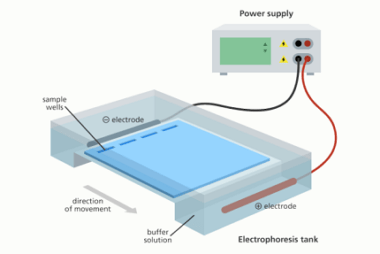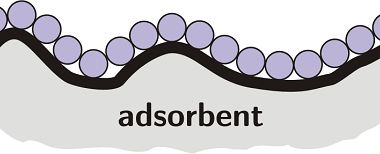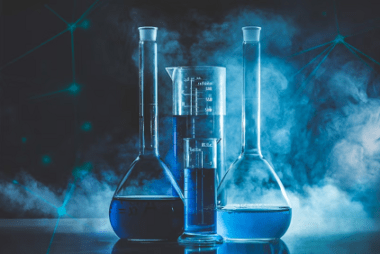Crash Course AIIMS-SYLLABUS Chemistry syllabus Oxidation
Oxidation The Chemistry syllabus for AIIMS (All India Institute of Medical Sciences) includes various topics, and one of them is oxidation. Oxidation is a chemical process that involves the loss of electrons or an increase in oxidation state of an atom, ion, or molecule. In the context of organic chemistry, oxidation refers to the addition…










